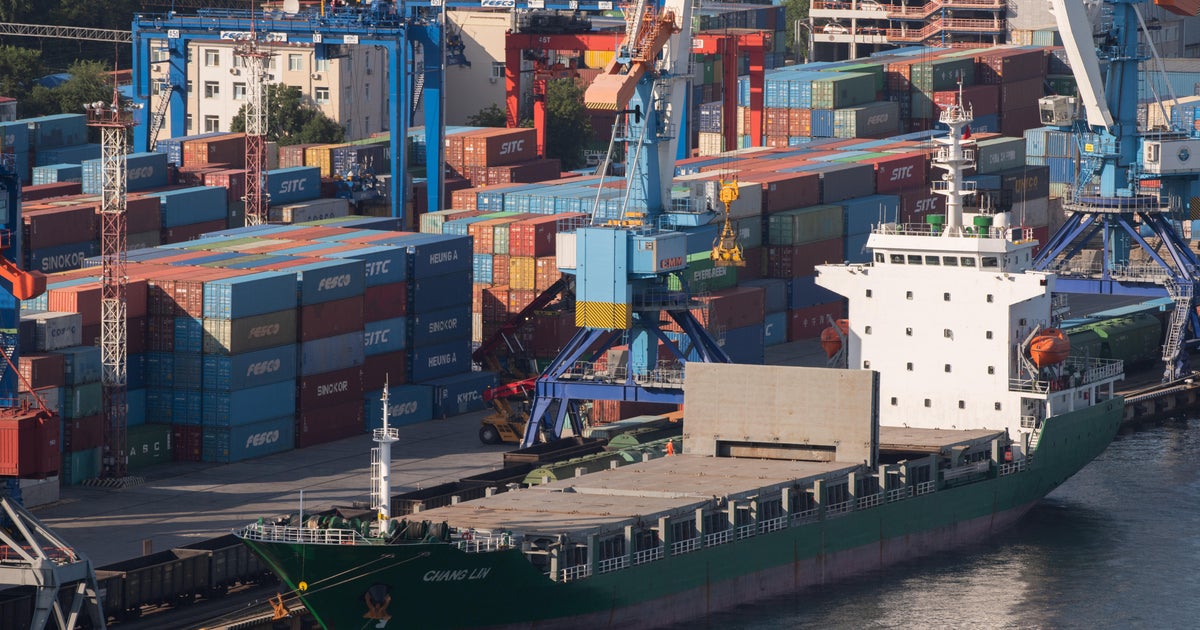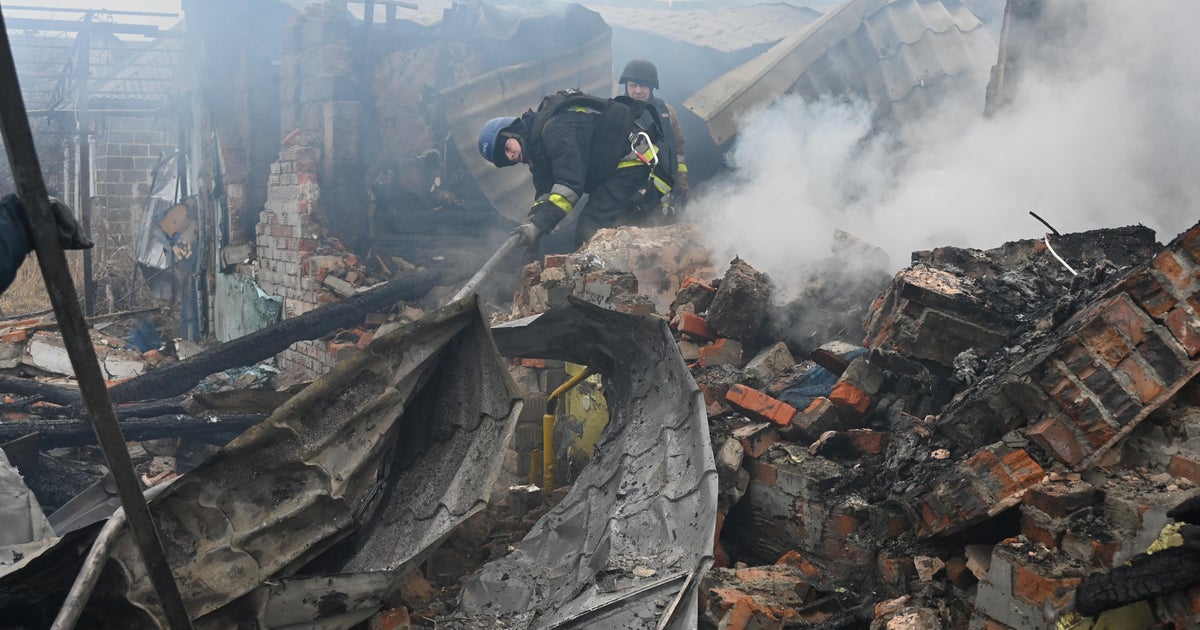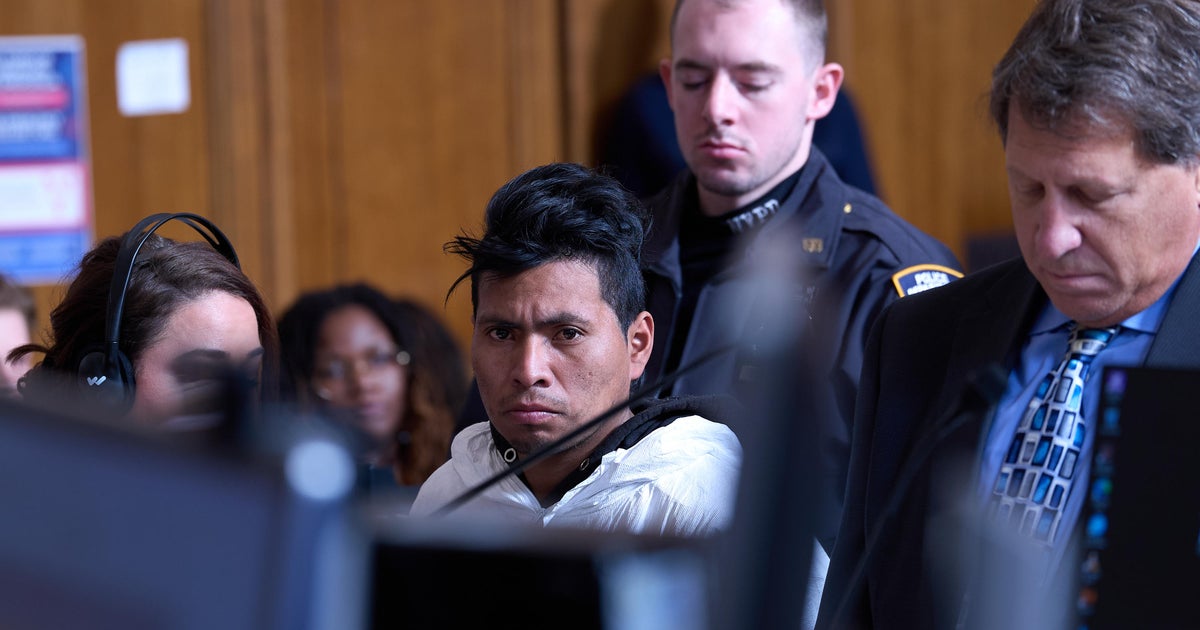CBS News goes inside a Ukraine police station allegedly used as a torture chamber by Russian forces
Izyum, Ukraine — Ukraine's lightning counteroffensive against the Russian invaders continues to see success. Ukrainian armed forces now have their sights set on reclaiming the city of Lysychansk, which has been under Russian control since July.
But as Ukraine's forces regain more ground from the Russians, they uncover more horrors left in their wake. CBS News correspondent Debora Patta has seen first-hand disturbing evidence of an alleged Russian torture chamber in the liberated city of Izyum. As towns and villages across the northeast Kharkiv region have been liberated from Russian occupation, the awful truth of exactly what Vladimir Putin had in mind for Ukraine continues to emerge.
Ukraine calls Russian shelling near nuke plant "nuclear terrorism"
Patta visited a police station in Izyum that was used by Russian troops as a local headquarters. CBS News entered it after it was demined, and as Ukrainian detectives began their grim work.
Patta was led through rooms that Ukrainian locals and police say were used as torture chambers. Russian soldiers slept there, ate there, and meted out the terror used to keep civilians and captured Ukrainian fighters under control.
The walls of the police station's dark, damp basement were lined with egg cartons, as it had previously been used as an underground shooting range. It was already soundproofed. That meant the screams would be muffled.
Scattered all around the basement, Patta saw things left behind by the occupying forces. Many looked innocuous — a coat-hanger, old electrical devices, masks and other household items — but police have taken testimony from victims who say they were all wielded as implements of torture.
Unused electric shock devices were also found. Patta met local resident Anatoly Garagatny last week, who broke down sobbing as he described being electrocuted at the police station.
Prisoners like Garagatny were kept in cramped jail cells filled with the stench of urine from overflowing buckets. The walls are peppered with rows of little pencil strokes, marking the days prisoners spent locked inside. In some spots, there are more than 50 marks.
Police Chief Sergei Bolsenov is leading the investigation into what happened in his town, including at his department's headquarters.
"We collect evidence of fingerprints and DNA from this place," he told CBS News, to determine whether the people who were recently held there are even still alive.
Russia has dismissed the discovery of mass-burial sites in Izyum as "lies."
But when he spoke to Patta, Garagatny was already exhausted after cordoning off more than a dozen crime scenes like the one in the police station.
"This is the aftermath of terrorism," he told CBS News. "Russia was trying to strangle the local people, to make them suffer… to make them so scared, they'd forget about freedom."
The effort has failed.
Like so many Ukrainians who've suffered under Russian occupation, the people of Izyum have not had their spirit broken. Their fear has turned into defiance.




